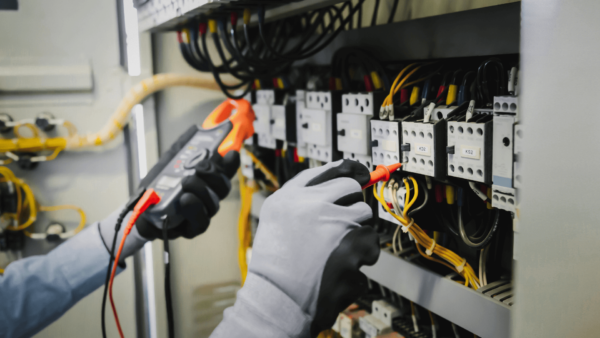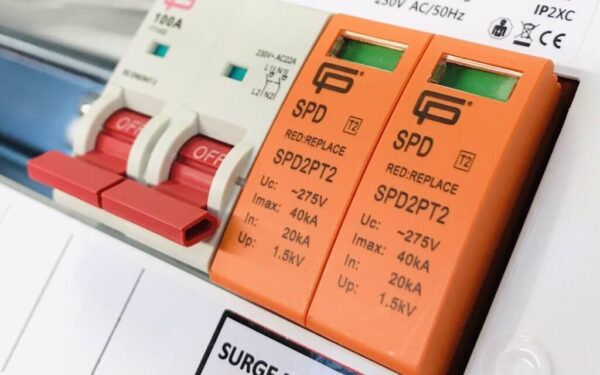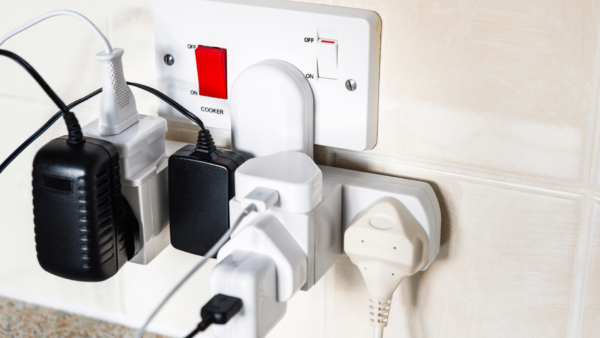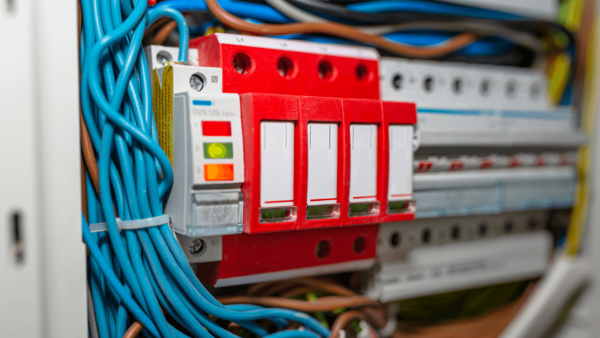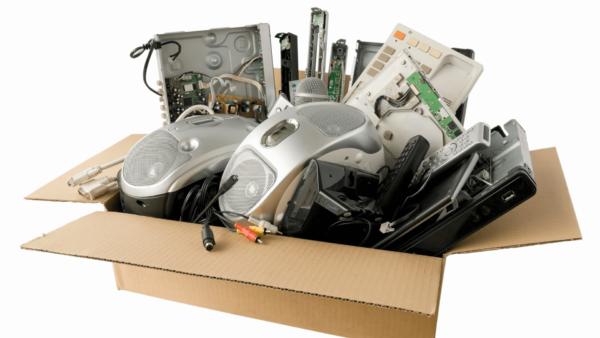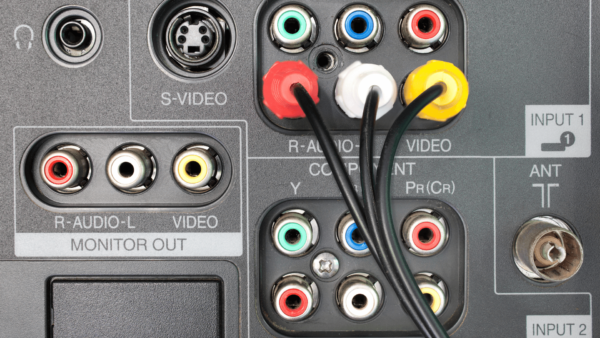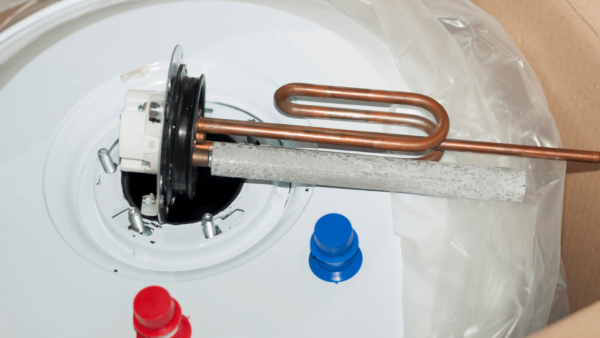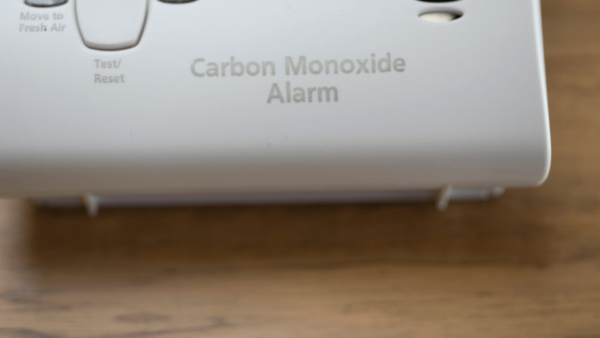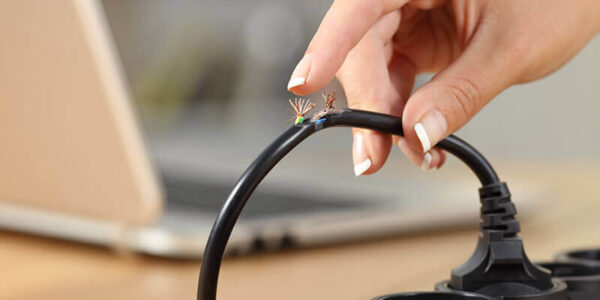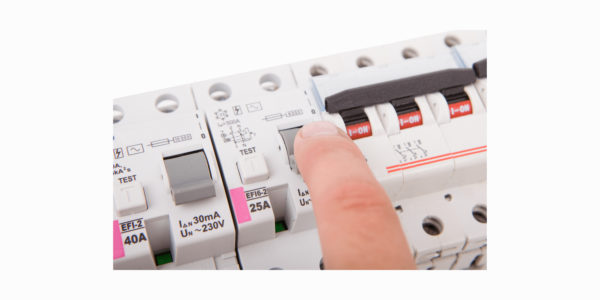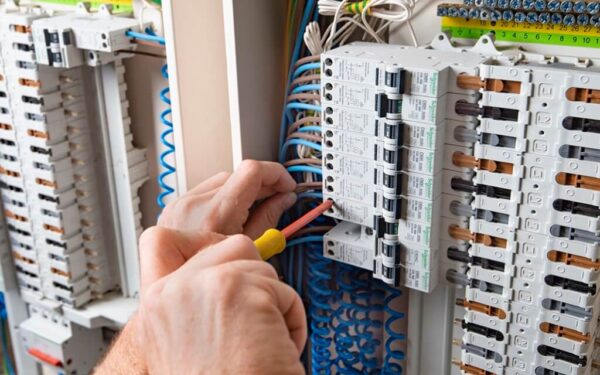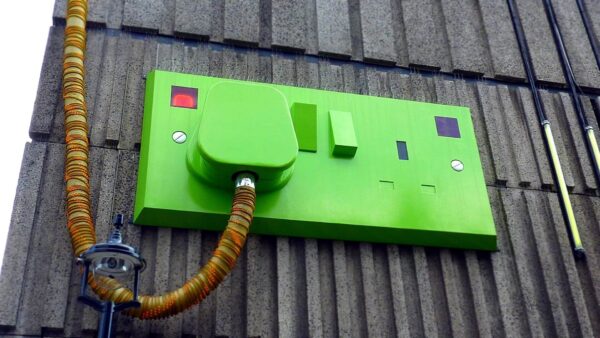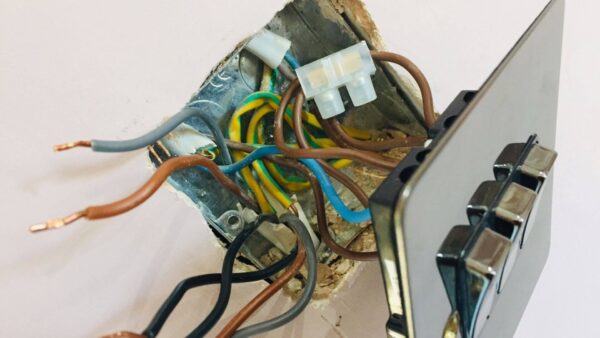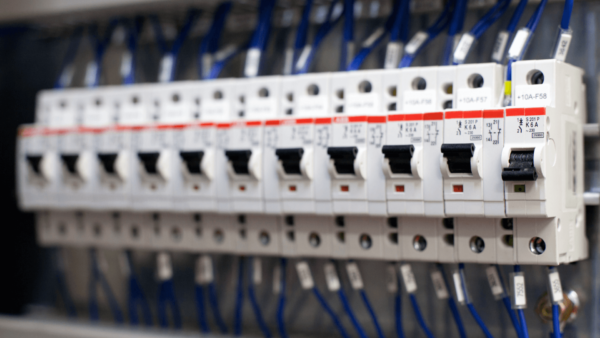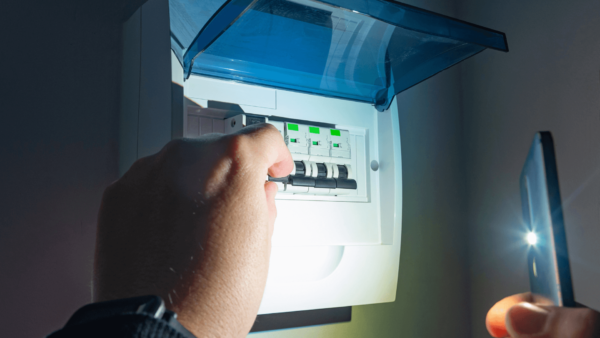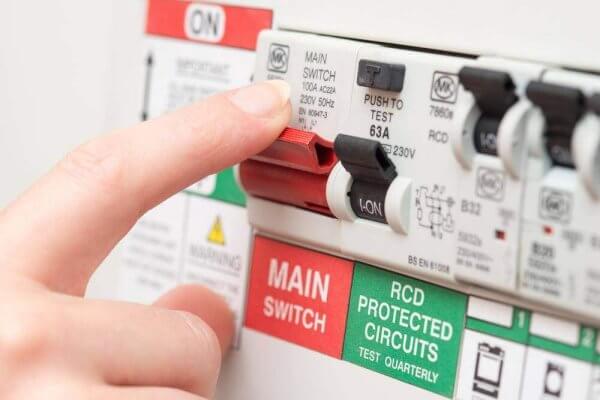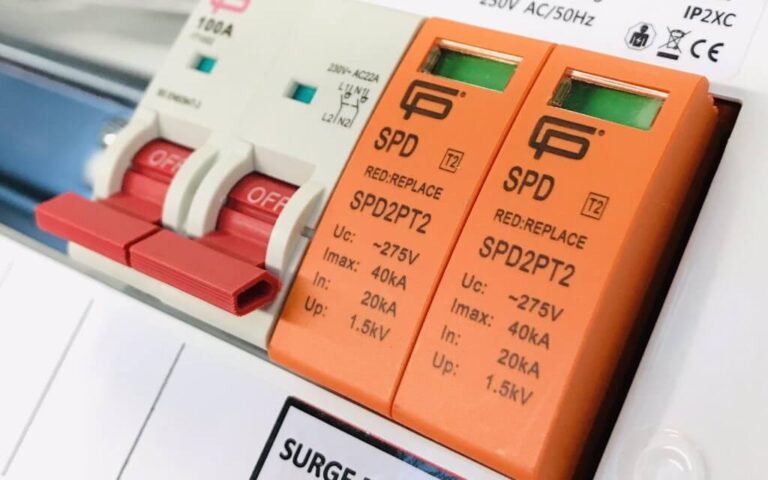
Share This Post
If your old fuse board looks like it belongs in a museum, then it might be time to consider having it upgraded. A wood backing or asbestos flashing are signs that your fuse box needs replacing – the chances are that it’s not doing its job efficiently or safely.
If your fuse box is struggling to keep up, you might have noticed:
- flickering lights
- unresponsive sockets
- a burning smell
- scorch or burn marks on the fuse board
- frequent ‘tripping’
To check the condition of your fuse board, organise for an electrician to take a look. They will be able to tell you if it needs replacing, and at the same time, they can advise you on the general condition of your wiring and the rest of your electrics. Usually, this is done by conducting an EICR.
The dangers of using an old fuse board
By far, the biggest reason for upgrading your old fuse board is safety. Though it will have complied with regulations at the time it was fitted, it’s unlikely to meet modern safety standards. If something goes wrong and your fuse box doesn’t have the right safety devices fitted, you run the risk of an electric shock or, even, a fire.
New consumer units are designed to provide protection from two main faults.
1. Earth leakage
Earth leakage is an electrical current returning to the ground via a different path than the one intended. To put it simply in an example, if you cut through the power cable of your lawnmower, the electric current running through it will find an alternative path to the earth itself. Without a circuit breaker, the current could travel back up the handle of the lawnmower, and give the person holding it a severe electric shock.
2. Over-current
Over-current is usually caused when the capacity of the circuit is exceeded i.e. too many devices require power at the same time (electrical overloading). A fuse box that was installed 25 years ago, or even 15 years ago in some cases, is unlikely to be able to keep pace with the demands of a modern household – think TVs in every room, chargers for portable devices, games stations, and smart speakers. If too much current travels through the circuit, it can cause the wires to overheat, melt, and in some cases, cause a fire.
Safety devices on a modern fuse board
You might have heard of a surge protection device (SPD). It’s designed to protect against over-voltage (a surge of electricity) that could cause damage to electrical equipment, serious injury or even loss of life.
Typically, modern fuse boards are fitted with safety devices to protect against earth leakage and overcurrent.
- A residual current device (better known as an RCD) is a device that trips quickly when it recognises an earth leakage and protects you from a risk of an electric shock. An RCD usually protects multiple circuits (see below)
- Residual current-operated Circuit Breaker with Overcurrent protection (better known as an RCBO). Does what an RCD does but protects individual circuits and can prevent nuisance tripping
- A miniature circuit breaker (also known as a trip switch) is designed to break an electrical current if it exceeds a certain threshold or short circuits.
Mandatory regulations in the UK make it clear that new fuse boards must be fitted with these devices to protect householders and tenants from suffering an electric shock.
The benefits of an RCBO over a split load
An RCD usually looks after more than one circuit, which means that if it detects an earth leakage in any one of these circuits then it will trip them all.
So, for example, one RCD could protect a bank of circuits, that includes your shower, downstairs lighting, and cooker. If it detects an earth leakage on the circuit for your shower, you’ll also lose power to your downstairs lighting and cooker – this is known as ‘nuisance tripping’.
A nuisance yes, but the real problem arises when it affects ‘mission-critical circuits’, like:
- tropical fish tank
- fridge freezer
- fire alarm
- security system
- CCTV system.
Coming home to a fridge freezer full of ruined food after two weeks away isn’t anyone’s idea of a welcome return, and it can be costly.
Also, unfortunately, some installations wouldn’t be able to have a split load consumer unit, where the accumulated earth leakage adds up to more than 30% of the RCD rating then an RCBO consumer unit would be needed.
RCBOs are arranged in a different way so that each circuit has its own ‘trip device’ that works independently from all the others. So, as in the example above, if your shower was to trip off, then your downstairs lighting and cooker would remain intact.
This is the best way of protecting individual mission-critical systems, without the headache of having to divide the risk between different banks of circuits.
Fuse board upgrades with Elextric Ltd your London Electricians
As part of your fuse board upgrade, we will carry out a complete test of your current electrical installation, and advise you on the condition of not just your old fuse board, but your wiring and other electrics as well. With Elextric Ltd you will benefit from:
- Registered electricians
- a new RCBO-protected, 18th edition consumer unit complete with surge protection as standard.
- protection against dangerous electrical hazards
- upgraded earth bonding to gas and water supplies
- upgraded mains meter tails to supply your new consumer unit
Fuse board upgrades are classed as notifiable under building regulations. All Elextric Ltd electricians in London are registered with a competent person’s scheme, which means we can self-certify our own work, and it won’t need inspecting by the local authority.
When we have finished, we’ll issue you an electrical installation certification (EIC). This certifies that the work meets the highest safety standards, and you’ll need to keep this.
It’s our policy never to recommend work that doesn’t need doing – we operate with complete transparency. So, rest assured that if we make a suggested change to your system, then you’ll know exactly why it’s needed and how much it will cost.






